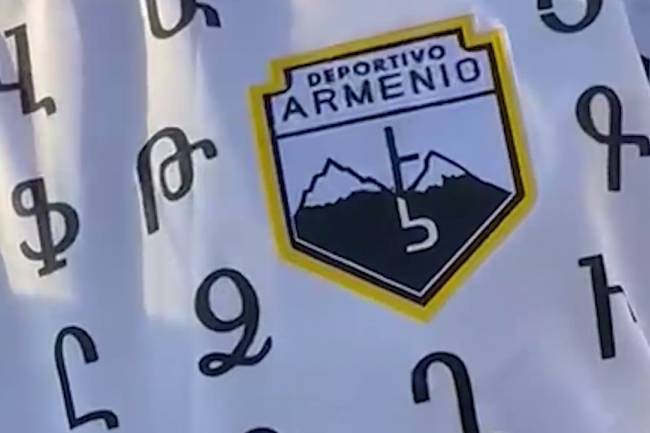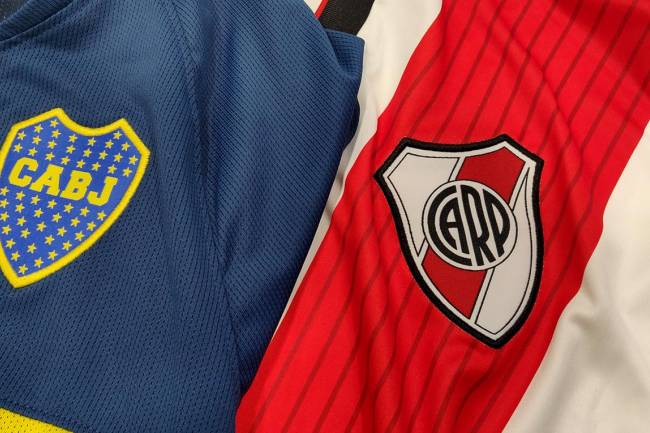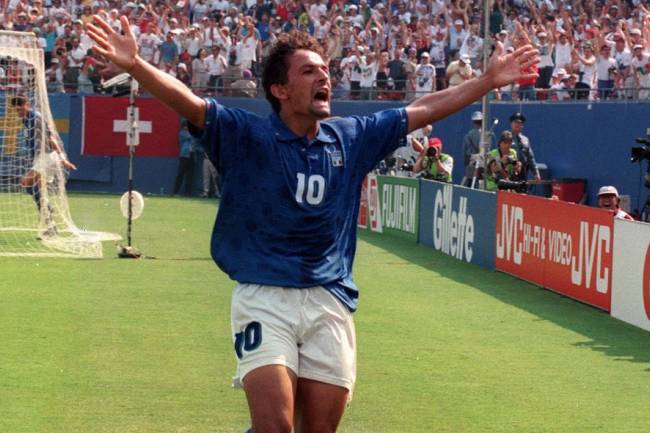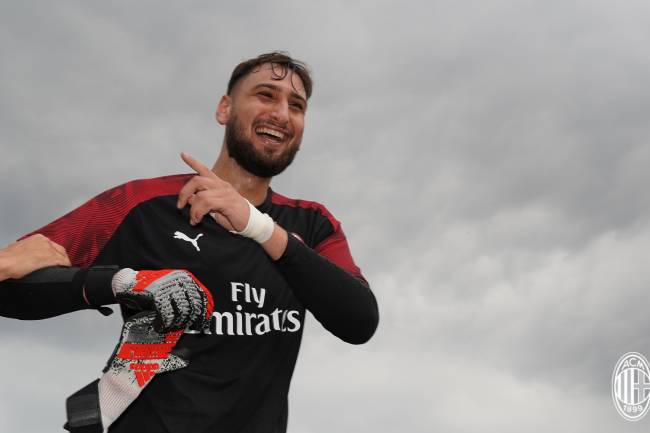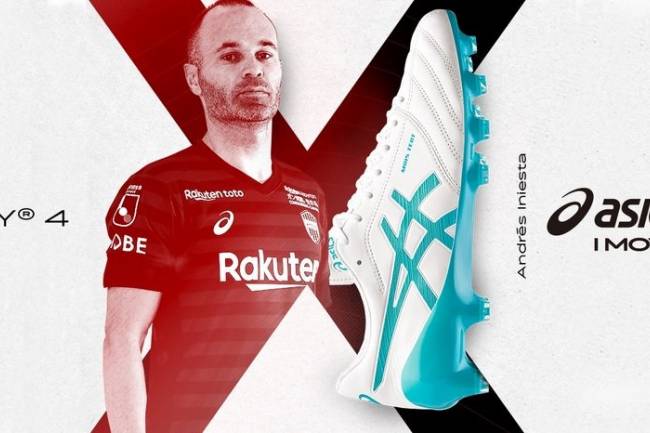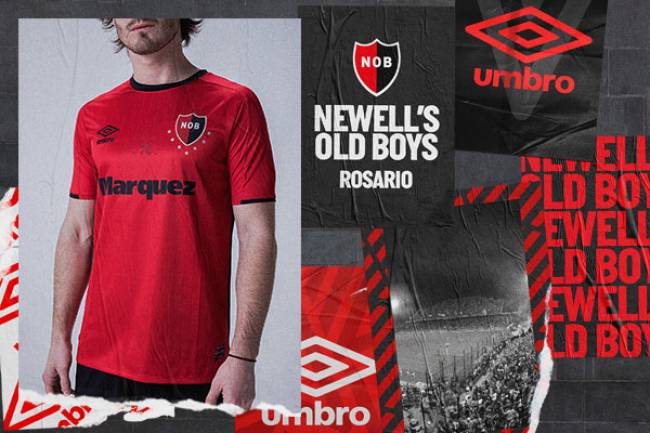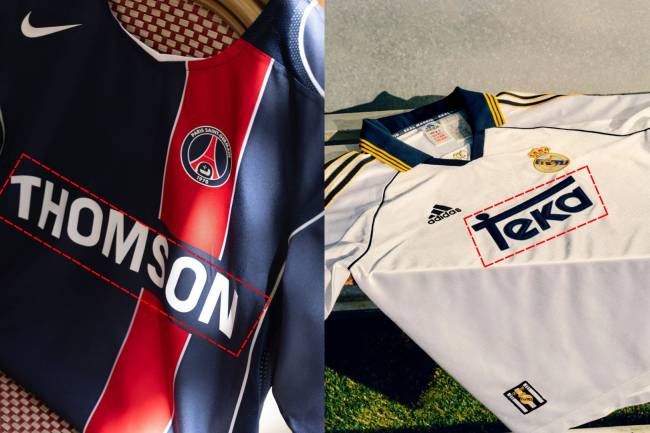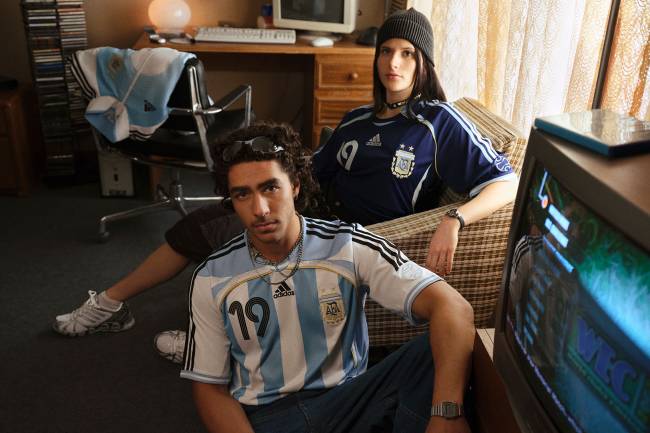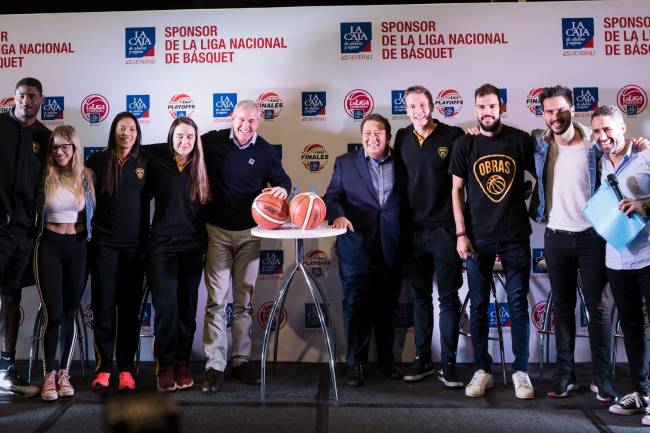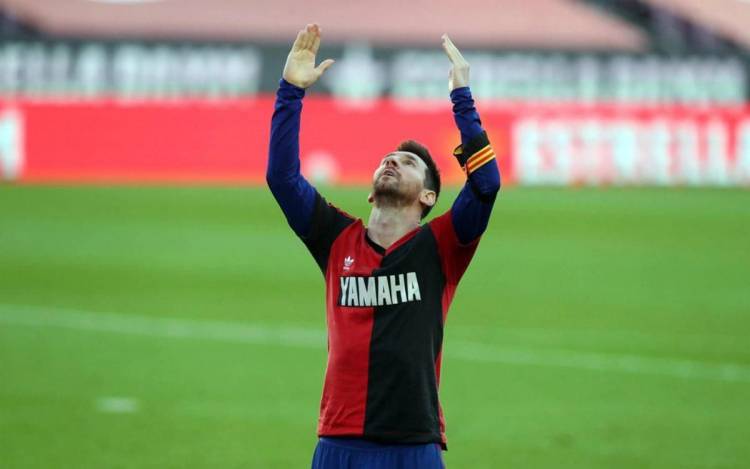
Can Messi play in the Argentine league?
The first thing to know is that the tax burden in Argentina is much lower than in Barcelona or Paris. For example, in Barcelona he paid him a gross of 50 million and in Argentina the gross salary, which gives him the same pocket salary, should be approximately 38.4 million, a big difference.
The income profitability scheme that Messi could generate is based mainly on the impact of his first season in our league. Until recently, international TV rights paid 3 million dollars a year, but with the reassessment processes they brought them to approximately 7 million a year. This is because the market is focused on the Premier League and La Liga in Spain.
Much of the appeal of the European leagues are players like Messi. If he comes to Argentina, it is the ideal moment to renegotiate international rights. In Latin America alone, considering cable penetration, we have 69 million subscribers in the region. If we estimate a payment of 2 dollars a month for the TV rights of the Argentine Tournament and we predict a penetration of 20% transformation (that is, only 20% pay for the soccer pack) we are talking about an annual income of 334 million dollars, only in Latin America. The rest of the world, with a similar scheme, easily rounds out 500 million more.

So far we are only talking about common income, what must be evaluated is the transmission of a 360° virtual audience, with augmented reality, with a pay per view. And, on the other hand, the sale of Mobile rights separately and regionalized, this last package includes Messi TV with all the specific content.
Finally, the worldwide pay per view of the debut, estimating a conversion rate of 10% of the total number of households that watched the World Cup final, reaches (with a price of 3 dollars) a total billing of 262 million dollars (for explain that this is possible, for example, in USA Mcgregor vs. Mayweather billed, with a pay per view of 100 dollars, 650 million dollars).
If the program is accompanied by a sale of regional sponsorships (which AFA is currently doing successfully), where the tournament has different sponsorships in each region, it is an addition that is not even quoted in this evaluation.

Additionally, CONMEBOL could be included in this return since the continental competitions would achieve great associated benefits.
The possible arrival of Messi also entails the potential return of other high-impact figures from Argentina and other countries. Playing in a competitive league that implies a challenge, and also facing Messi, can make figures who choose MLS or the Middle East as their retirement destination change their course towards our country.
This challenge would make it possible to turn the football industry around, in which we would go from producing raw materials (sale of player federation rights) to selling finished products (TV rights).
For this reason, the generation of resources for its possible arrival is not only possible if it is not necessary. Even a measure where Messi is a partner of the AFA in the income generated by TV rights would be a path of high commercial feasibility.
-------------------------------------------------
Juan Anllo, General Secretary of the Sports Marketing Association, sports marketing advisor at Marca en Zona. Former manager of Deloitte's sports industry department, marketing and management advisor who has worked with Racing Club, Velez Sarsfield, Huracán, the Argentine Soccer Association, the Argentine Basketball Confederation, the Brazilian Rugby Confederation, among others.
